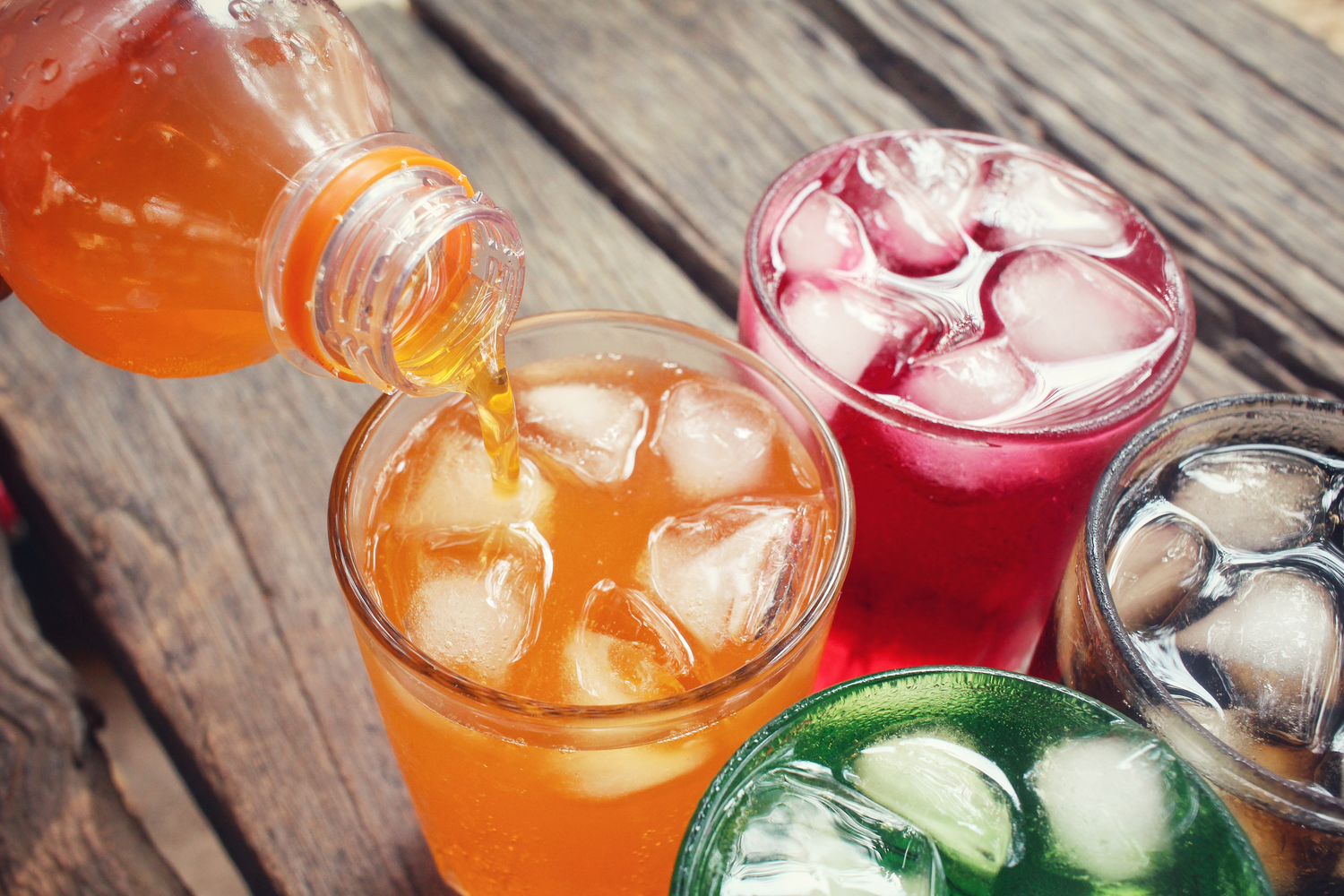
6 High Cholesterol Foods to Avoid
Cholesterol is a waxy substance which is found within the cells of our bodies. An excess of cholesterol in the body can cause plaque to form in the arteries causing potential cardiovascular damage. There are many risk factors of high cholesterol including heart disease and stroke so it’s vital to make sure a balance is struck between good and bad cholesterol. The body itself makes enough cholesterol to serve its own purposes so a careful diet, limiting the following foods, is important:
1. Fatty meats
In the battle of the lipids it’s LDL vs. HDL cholesterol with LDL, or low-density lipoprotein being the bad guy. Low-density lipoproteins are found in fatty meats such as beef, pork and lamb. In fact, red meat is one of the highest sources of saturated fats and subsequently LDLs that exists. Eating large amounts of fatty red meats can create an elevated LDL level in the blood which can lead to the buildup of plaque in the arteries. Protein, however, is important in a human’s diet so red meat can be replaced by oily fish instead.
2. Lard and shortening
If you remove the protein element from red meats you are left with shortening or lard, essentially the fat of the animal. This has no nutritional value and is just pure saturated fat. You of course don’t just eat lard or shortening but they are used to fry other foods or in some baking. It is best not to use lard or shortening to cook with if at all possible as they will only serve to increase LDL levels.
3. Whole dairy products
Products made with whole milk such as cream, cheese, and butter are all very high in bad cholesterol. They do, however, have some essential nutrients such as calcium and vitamin D which the body needs. The fat can be removed from milk to make a healthier version of all dairy options. Also considered a dairy product are eggs, a very rich source of protein. But egg yolks are very high in cholesterol so they should be eaten sparingly. It is suggested to use only the egg white which is almost pure protein or at least a ration of three egg whites to one yolk.
4. Saturated vegetable oils
It has been shown that certain vegetable oils contain polyunsaturated or monounsaturated fats. Although very different to the saturated fats in animal proteins, these fats can also cause an increase in cholesterol levels within the body. Healthier than animal fats, vegetable oils are a good substitute but in large amounts can become unhealthy.
5. Soft drinks and soda
Soft drinks such as soda do not contain fat but they do contain large amounts of sugar. It has been shown that sugar can actually decrease high-density lipoproteins, the molecules that are considered good cholesterol. These molecules, rather than depositing plaque-like LDL will remove cholesterol from the blood and transport it to the liver for disposal. The high sugar levels caused by drinking soda both decrease good HDL levels and increase the bad LDL levels. This is the complete opposite of what a cholesterol healthy diet should achieve.


